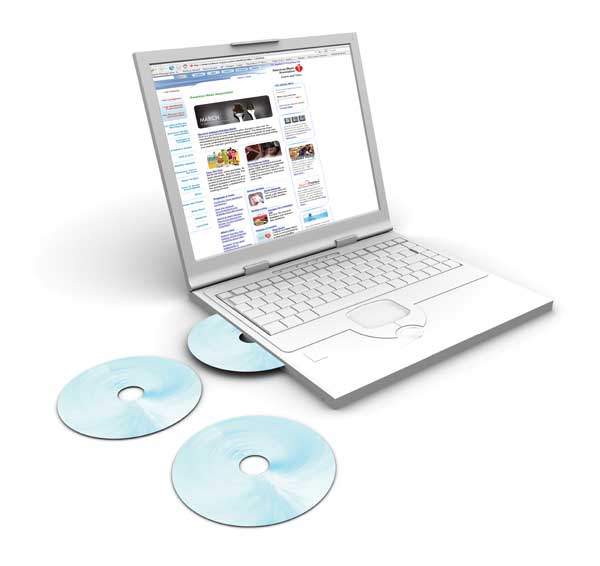The Internet is changing how people of all ages gather knowledge-including knowledge about health and wellness. On an average day, as many as eight million Americans surf the world wide web for health information for themselves, family, or friends.
The majority of surfers, according to the Pew Internet and American Life Project, don’t head to a health-specific site. Rather, two-thirds actually begin with a general search engine, such as Google@, Yahoo@, or Ask.com@. They simply enter the name of a health problem or symptom-from heart disease, cancer, and poison ivy to shortness of breath, tender breasts, and hives-and press the enter key. What appears on their screens is the first page of a long list of web entries of varying medical and scientific soundness or usefulness to a lay reader. And when it comes to getting accurate information about heart health, that’s where problems can start and where nurses can be of significant help, according to Associate Professor Cheryl R. Dennison, PhD, RN, ANP, FAHA.
Writing with a colleague in the Journal of Cardiovascular Nursing, Dennison asserts that since nurses spend the greatest amount of time with patients, they can readily point patients toward the most accurate, current, and relevant disease-specific websites. Dennison notes, “We need to arm ourselves with the knowledge of key websites and web resources to share with both patients and their families. And we need to help educate them about what to look for and watch out for when surfing for health information on their own.”
In the area of cardio-vascular disease, for example, websites such as those of the National Institutes of Health, the American Heart Association and the American College of Cardiology have developed patient education pages providing a broad range of accurate, medically-current information. “By stepping up to the plate to help families and patients get the accurate, online health information they need,” Dennison observes, “nurses can help patients prevent some problems and can assure early identification and treatment of others.”
-Teddi Fine
Nurses can both steer patients to the best health websites and also educate patients about what to look for when surfing for health information in general. For example, patients should:
- Identify the site’s sponsor. That can say a lot about the site’s credibility. If it has a web address ending in “.gov”, it is a government site, which lends credibility. An educational institution, such as a medical school, will have a “.edu” address end; professional organizations’ sites end in “.org.”
- Avoid potentially biased information. Check if the site is sponsored by a for-profit organization. Such a site may be more focused on promoting a particular product or program than on providing patient information.
- Look for the author’s name. If an individual, look for that person’s credentials in the specific health field. If an organization, ensure it is a credible organization in the field.
- Are sources cited and credible? Does the site state where data come from? Are they credible sources, such as the CDC or a major health organization? Are the data the same as are found on other sites?
- Is the site up to date? Check when the site was last updated. If the information is old or an answer to the question can’t be found, move on.
- Don’t trust online diagnoses. If a site says it provides online diagnosis, click away quickly.
- When in doubt, ask your nurse or other health professional.
